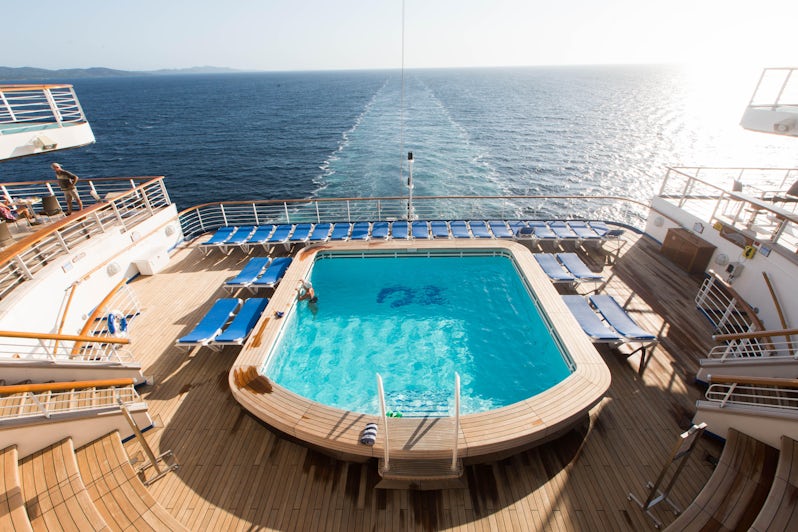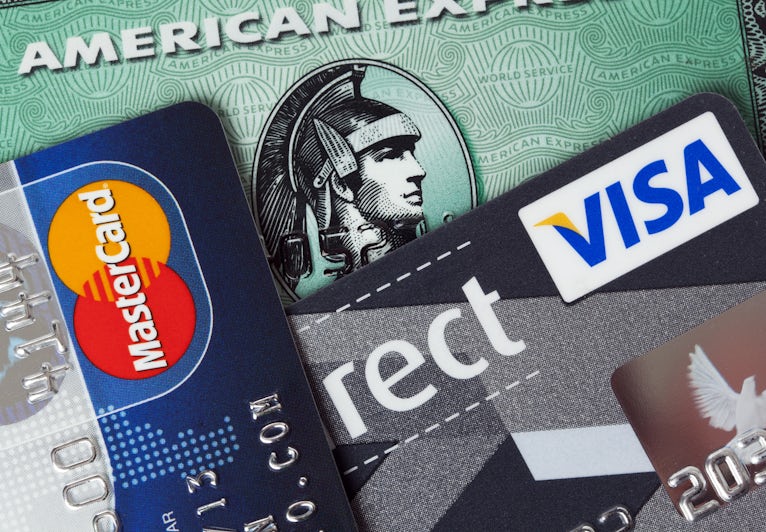
COVID-19 Cruise Cancellation Blues: How to Navigate FCC, Refund and Re-booking Problems


With most cruise lines reporting their entire fleets back in service and health authorities relaxing protocols for travelers at an increasing rate, there’s reason to believe that the worst of the pandemic is firmly behind us.
The COVID-19 risk still lingers, however, with cancellations still occurring for individual passengers who test positive for the virus before their cruise, as well as staffing challenges on some cruise lines that result in suspensions of scheduled cruises.
The initial uncertainty caused by the virus led cruise companies to modify their cancellation policies as part of their return to service plans, with pleasant-sounding names like ‘Cruise with Confidence’ designed to instill a sense of assurance and greater flexibility in cruisers.
These updates were a welcome change from the pre-pandemic days of the cruise industry’s notoriously rigid cancellation policies. But understanding the different layers and scenarios behind cancellations has produced its fair share of chaos and confusion, as many cruisers have expressed their frustration on Cruise Critic’s message boards. Additionally, the airline industry’s ongoing woes, add an extra layer of adversity to an already complicated situation.
From FCCs to Refunds

So how are cruise lines handling the threat of COVID-related cancellations? Every line manages their policies a little differently, but in broad terms, the cancellation stipulations work something like this:
If the cruise line cancels the voyage, passengers are entitled to a refund of the amount they paid, or they can opt for future cruise credit (FCC), typically equal to 100% of the paid fare.
If the passenger has to cancel the booking due to testing positive for COVID-19 10-14 days before the voyage, the passenger is entitled to FCC for the amount paid to the cruise line.
If the passenger is denied embarkation or reboarding or is quarantined during the voyage due to a positive COVID-19 test result, the guest is entitled to a full refund of the paid fare (if the guest is denied embarkation) or a prorated refund for the unused portion of the cruise fare.
Guests who are denied embarkation or reboarding for failure to comply with the cruise line’s COVID-19 Policies and Procedures are deemed not eligible for a refund or compensation of any kind.
Like everyone else, cruise lines are looking forward to the end of the pandemic, which is why most attach an expiration sail-by date on their COVID-19 cancellation policies. At the time of writing, these dates typically stretch to the end of the year or the first few months of 2023. These expiration dates, however, are subject to constant changes and are periodically pushed back as the pandemic continues to develop.
Of course, exceptions and modifications to the general rules apply depending on the cruise line. Royal Caribbean, for example, also grants the option to request a refund in case the passenger has to cancel due to testing positive for COVID-19 before the cruise.
Princess, one of the few cruise lines yet to have its entire fleet in service, lists the canceled voyages on its website and provides affected passengers a streamlined process to request FCC, refund or re-booking. Passengers who wish to receive refund instead of future cruise credits or to be switched to a replacement voyage, however, must fill out a form by an established deadline that varies from cancellation to cancellation. If the passenger fails to fill out the online form before the deadline, Princess automatically awards the FCC option.
MSC Cruises has removed all COVID-19 references to its flexible booking policy, offering a blanket rule that allows passengers to change their cruise up to 48 hours prior to departure. The cruise line currently specifies that this policy is applicable to bookings made through July 15, 2022 with sail dates through March 31, 2023
And what about when cruise lines are forced to cancel their voyages? This problem has surfaced as of late for newbuilds, from Norwegian’s Prima-class ship Norwegian Viva to Virgin Voyages’ Resilient Lady. The latter cruise line took the enticing step to offer passengers affected by the cancellation a generous 200% FCC, as well as the industry-standard refund.
Waiting For FCCs is the Hardest Part

Even if Virgin’s 200% FCC offer goes above and beyond expectations, passengers have reported difficulty in getting in touch with the cruise line to request their FCC. And they’re not alone. Passengers from other lines have also taken to the boards to complain about waiting times.
With few exceptions, most companies don’t spell out a timeline on their COVID-19 cancellation policy for refunds or future cruise credit allocation. And this is an aspect that causes sustained distress among cruisers, as they report wildly varying waiting times to receive
While the standard seems to be 30-45 days, some cruisers report waits of more than 60 days and counting, while others have seen their future cruise credits added within a month of canceling.
A common pain point that cruisers report on the boards is that they are ready to re-book as soon as they’re COVID-free, only to find that their FCC has not yet been allocated.
Some cruisers have recommended the tactic of calling the cruise line to rebook a voyage with FCC that is ‘in process’ so as to avoid missing out on a desired voyage that may fill up before the credits are allocated to the passenger’s account.
Cruise Critic's Tips for Refund and FCC Delays

Although every situation is different, there are a few general steps you can take when facing delays in having your refunds or FCC issued.
Pick up the phone. Calling your cruise line (or having your travel agent call in your behalf) and speaking to a live agent is usually the first step. You may discover new information that explains the delay, or it may be possible to have the situation resolved and your refunds/FCC issued on the spot.
Booking another cruise might expedite. If you are waiting to have your FCC issued, but are ready to book a new cruise, call your cruise line and let the agent know that you have FCC in process and you would like to have the deposit due dates extended to allow time for the credits to be issued. You may need to pay a difference if the fares are not the same, but at least you will have a booking tied to the FCC that is coming your way. The agent will note this on the reservation, or better yet, might get approval to expedite and issue the FCC on the spot.
Involve your credit card company. If you are waiting for a refund and it’s taking longer than what should be deemed reasonable, consider calling your credit card company to file a complaint. Heaping additional pressure can help expedite the process and make the cruise lines more compelled to issue a refund.
Be patient. Finally, whether you have FCC or refunds coming your way, it’s also important to be patient. Many lines are still operating on limited staff and are trying to wade through many cancellations, especially if a voyage has been canceled by the cruise line.